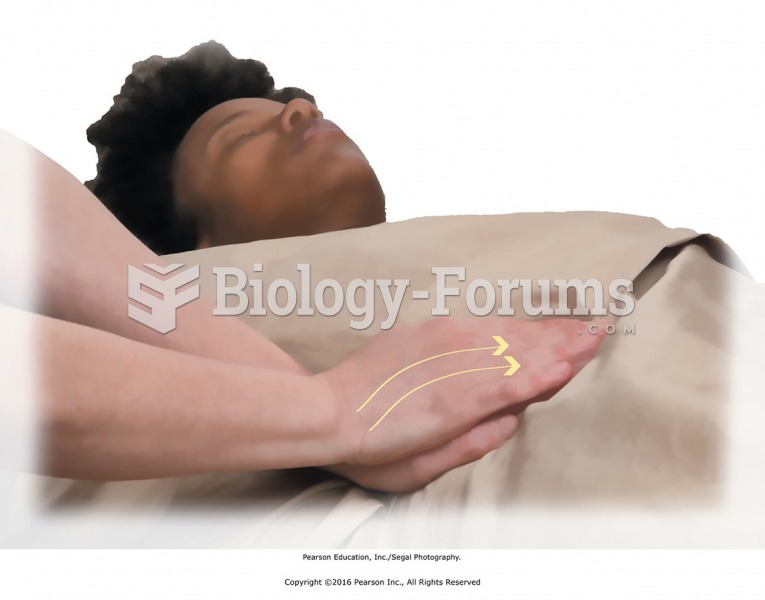|
|
|
The immune system needs 9.5 hours of sleep in total darkness to recharge completely.
About 3% of all pregnant women will give birth to twins, which is an increase in rate of nearly 60% since the early 1980s.
Adults are resistant to the bacterium that causes Botulism. These bacteria thrive in honey – therefore, honey should never be given to infants since their immune systems are not yet resistant.
Nearly 31 million adults in America have a total cholesterol level that is more than 240 mg per dL.
About one in five American adults and teenagers have had a genital herpes infection—and most of them don't know it. People with genital herpes have at least twice the risk of becoming infected with HIV if exposed to it than those people who do not have genital herpes.
 The recent mass upheavals in Tunisia, Egypt, Libya, Yemen, and Syria gave political scientists a cha
The recent mass upheavals in Tunisia, Egypt, Libya, Yemen, and Syria gave political scientists a cha
 A hydrometer is used to measure the American Petroleum Institute (API) specific gravity of diesel ...
A hydrometer is used to measure the American Petroleum Institute (API) specific gravity of diesel ...





